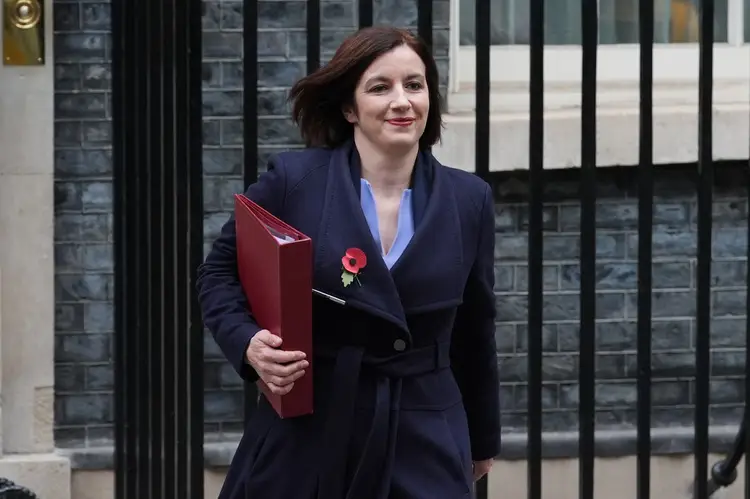Starmer increases university tuition fees for first time in eight years

Subscribe For Expert Insights From Westminster
Subscribe To Our Free Westminster Update Email
For the first time in eight years, university tuition fees in England will rise due to a significant reform of the higher education system, as announced by Education Secretary Bridget Phillipson.

The announcement seems to put the Labour party on a path to conflict with a major group of their supporters: students. This comes after other groups have already been affected, such as the 10 million pensioners who are facing a loss due to the elimination of the winter fuel payment, along with workers whose earnings have been impacted by the increase in national insurance.
Tuition fees have stayed the same at £9,250 since 2017, but starting in September 2025, they will begin to increase according to the Retail Price Index inflation. If they were adjusted to reflect the current inflation rate of 2.7 percent, the fees would go up to about £9,500.
In her statement, Ms. Phillipson mentioned that these changes signify "a fresh partnership with universities" and cautioned that the sector will have to adapt as part of the overall plan.
"We are committed to ensuring the long-term sustainability of our university sector, both now and in the future," she stated.
Laura Trott, the new shadow education secretary for the Tories, pointed out that Keir Starmer had pledged to eliminate tuition fees during his candidacy for the leadership of the Labour Party.
She claimed that Labour was "waging war on students" and highlighted that the rise in costs was not addressed in their election manifesto, especially at a time when students are struggling the most financially.
This development occurs against a backdrop of increasing worries about the education system, as numerous universities are grappling with financial difficulties. It is anticipated that around 40 percent of universities in England will experience a budget shortfall this year.

Earlier this year, Universities UK recommended that tuition fees should be adjusted according to inflation. This adjustment isn't intended to solve the funding gap; rather, it aims to ensure that the income from fees retains its true value over the years.
Alex Stanley, the vice president for higher education at NUS, expressed his concerns about the current state of higher education, stating, “We’re facing a serious crisis. Students are being required to pay more just to ensure that their university campuses have basic services like lighting and heating, and to stop their programs from being cut. Relying on students to solve this issue is just a temporary fix. Universities should not have to depend on piling more debt onto students for funding.”
Worries about university budgets have intensified due to a decline in the number of international students, who have been a key support for the industry.
According to data from the Home Office for 2024, there was a 16 percent drop in visa applications submitted from July to September compared to the same timeframe in 2023.
On Monday afternoon, Bridget Phillipson announced a fee increase during a statement about "reforming higher education" in the House of Commons.
She expressed, "Raising the fee limit wasn't an easy choice, but I want to make it perfectly clear that this won't lead to higher monthly payments for graduates as they begin repaying their loans."
"Universities need to take charge of their financial health and ensure their long-term viability. However, everyone in this House will likely agree that lowering tuition costs for future students is pointless if those universities no longer exist for them to enroll in."
In England and Wales, university students are charged £9,250 each year for their tuition. Northern Irish students pay a lower fee of £4,750. Meanwhile, Scottish students can attend university without any tuition fees.
This decision is expected to trigger criticism, given that Sir Keir Starmer vowed to completely eliminate university tuition fees during his campaign to become Labour leader in 2020.
He reversed his commitment from last year, explaining that it was no longer feasible due to the country's economic circumstances. He promised that Labour would propose a more equitable alternative if they were to take power in the next government.
In the meantime, the party's manifesto for the 2024 general elections states that the existing funding framework for higher education is not beneficial for taxpayers, universities, staff, or students.
"Labour is committed to establishing a stable and promising future for higher education and the possibilities it offers throughout the UK," it states.

















































